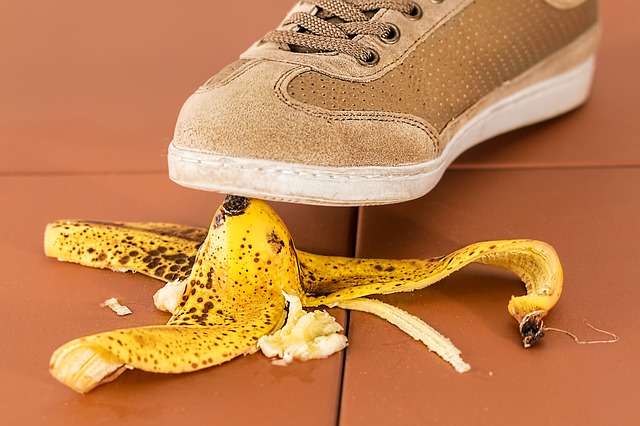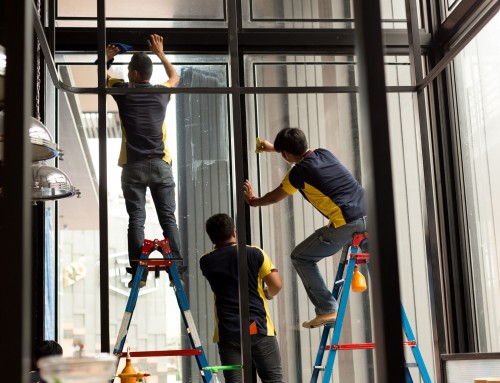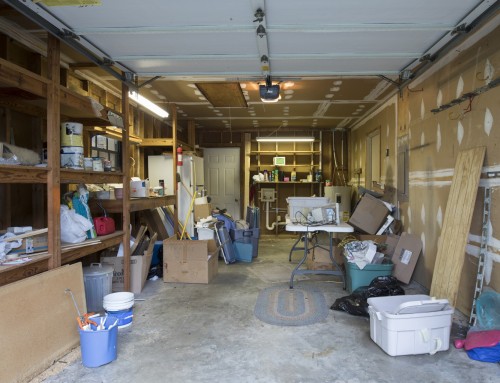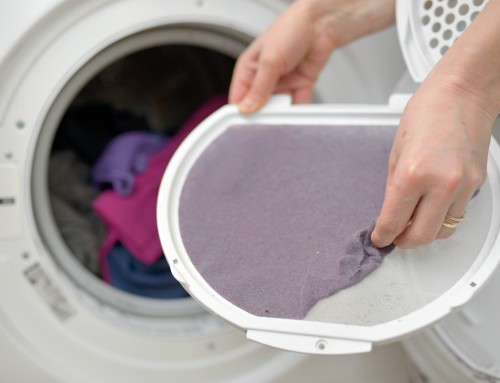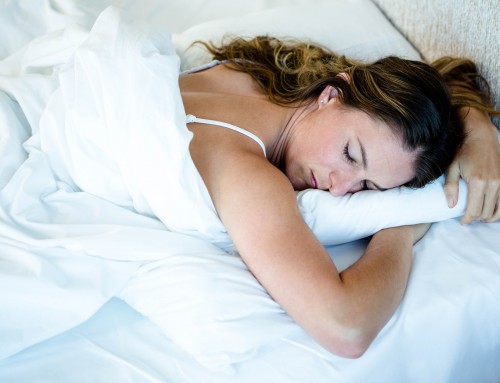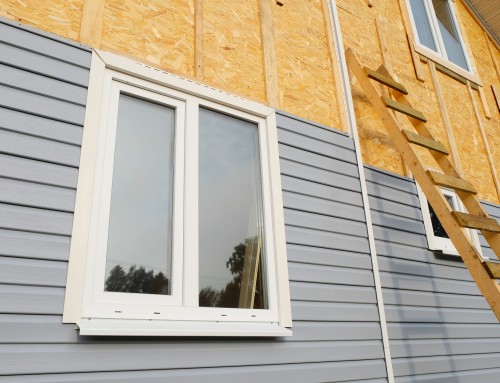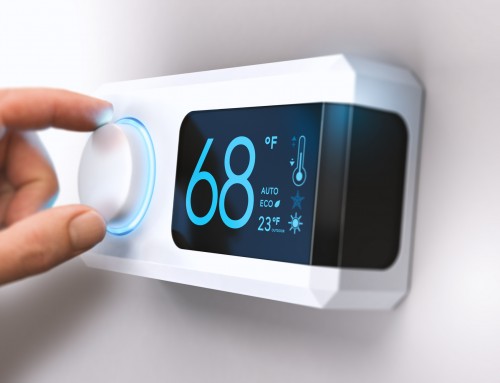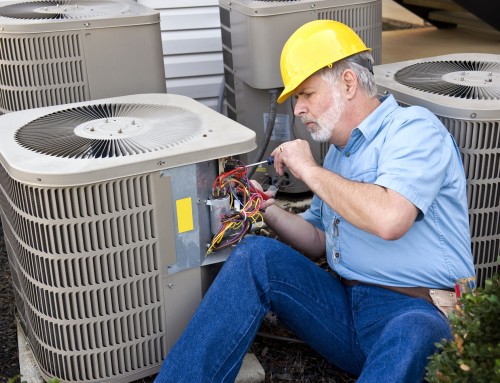The latest statistics from the National Safety Council show that over 160,000 people die every year from unintentional injuries. Most of these injuries occur when least expected — away from work, during vacations, and at home. Accidental injuries at home account for nearly half of these deaths.
Your home should be the safest place for your family. However, many dangers lurk around every corner, which you may not be aware of.
Comfort and familiarity with your home may cause you to overlook or forget about potential safety hazards. To avoid any unforeseen injuries or health issues, here are some home safety tips that you should know about.
1. Be Cautious of Fire Hazards
Fire is one of the most devastating home safety hazards. It can cause small damage, total destruction of property, injuries, and even deaths. External factors rarely cause house fires; most fires start from within the house itself.
Fires mostly start in the kitchen, near curtains, or from electrical appliances.
The first line of protection and early warning is a fire alarm. Install fire and smoke detectors in every room and hallways in the house. Nowadays, vendors sell smart fire detectors that connect via Wi-Fi to give your real-time alerts and updates on your smartphone.
Keep candles away from clothes and drapes. Also, ensure that lit candles can’t be knocked over by children or pets.
To prevent electrical fires, make sure your wiring has no flaws. Make a habit of unplugging and putting away appliances such as curling irons, toasters, and hair dryers when they are not in use.
Always keep a fire extinguisher in strategic places like the kitchen, the garage, and near the fireplace. They come in handy at putting out small fires before they get out of hand.
2. Eliminate Electrical Hazards
Besides causing fires, electrical appliances can also cause fatal injuries and even death from electric shock. The American Power grid runs on a standard 120 Volts, which is enough to cause serious bodily harm, including burns when touched.
Many electrical-related injuries occur in the bathroom and the kitchen.
The common culprit in most electrical accidents is water. Keep all electronics away from water. Don’t take your phone charger into the bathtub, keep appliances clean and dry, and don’t operate them with wet hands.
Remember not to put out electrical fires using water. Pouring water on live wires could worsen the situation and cause an electric shock to whoever is in contact with the stream of water.
Ensure that there is no wear on electrical cables and outlets and no exposed wires. Check the power ratings on electronics to avoid overloading the outlets, especially when working with power tools and foreign equipment.
3. Be Wary of Accidental Poisoning
Keep hazardous chemicals in a safe place, away from food, plumbing, and out of the reach of pets and children. Handle toxic chemicals such as pesticides, herbicides, powerful bleaches, and detergents with caution. Use the appropriate protection such as gloves and masks.
Always follow the manufacturer’s safety directives when using hazardous chemicals in and around the house.
Organize the medicine cabinet by throwing away unwanted and expired drugs and properly labeling the rest. This should prevent overdoses and incorrect application of medication.
Also, monitor the contents of the fridge to make sure that you don’t serve spoilt or expired food.
4. Avoid Tripping and Falling
Tripping and falling hazards are often overlooked, yet they are the cause of most household trauma injuries. Falling is always taken lightly until someone gets seriously hurt.
Many falling accidents happen in the bathroom, on the stairs, and near doorways.
Secure the stairs with solid handrails and a rug. Also, examine the steps for chips and cracks and fix them promptly.
Install non-slip stickers in the bathroom and bathtub to avoid slipping accident. You could also carpet the whole room, especially if the floor is made of slippery tiles or polished wood.
Keep the floors dry and clear of tripping obstacles like toys, clothes, shoes, and cables.
5. Prevent Carbon Monoxide Poisoning
Carbon monoxide (CO) is a poisonous gas that has no odor or color. Low doses can cause dizziness and headaches; heavy doses of CO are fatal.
The sources of CO in homes include water heaters, wood-burning fireplaces, indoor power generators, furnaces, and running vehicles in the garage.
The only way to avoid CO poisoning is to ensure that your ventilation system is working flawlessly. HVAC systems need routine maintenance such as air duct cleaning and filters replacement to ensure the circulation of clean air in the house.
Most smoke detectors are equipped with a CO detector that fires an alarm if CO levels go exceedingly high.
6. Install Home Safety Security Measures
Eliminate all potential security threats by installing a robust home security system. According to the FBI, one out of every thirty-six homes in the U.S. is burgled every year. The main focus of a security system is to prevent home intrusion and invasion.
An effective home security system should have the following features:
- Intruder alarms
- Surveillance cameras
- Smart security lights
- Electric locking systems
In addition to that, a security system should automatically alert an emergency response team in case of a breach.
As a family, learn and coordinate the appropriate actions to take in case an intruder breaches the compound or the house. Prepare an escape plan on how to leave the house in the event of a security threat.
Home security also means preparing for disasters, natural or otherwise. For instance, if you live in a tornado-prone area, your home should have facilities like an underground shelter to keep your family safe.
Safety First
Home safety begins with observing basic safety practices and routines. Talk to your family members about the importance of home safety and encourage safe habits.
Most safety housekeeping habits are a matter of good home organization and neatness. For instance, practices such as clearing obstacles out of doorways, closing drawers and cabinets when not in use, properly storing away dangerous chemicals and tools, and keeping items where they are easy to reach can go a long way in keeping a house safe.
Remember to teach everyone what they should do during emergencies such as fires, power blackouts, and accidents. The first few minutes of a crisis or an emergency could make the difference between life death.
Check out the other sections of our blog for more informative tips.

